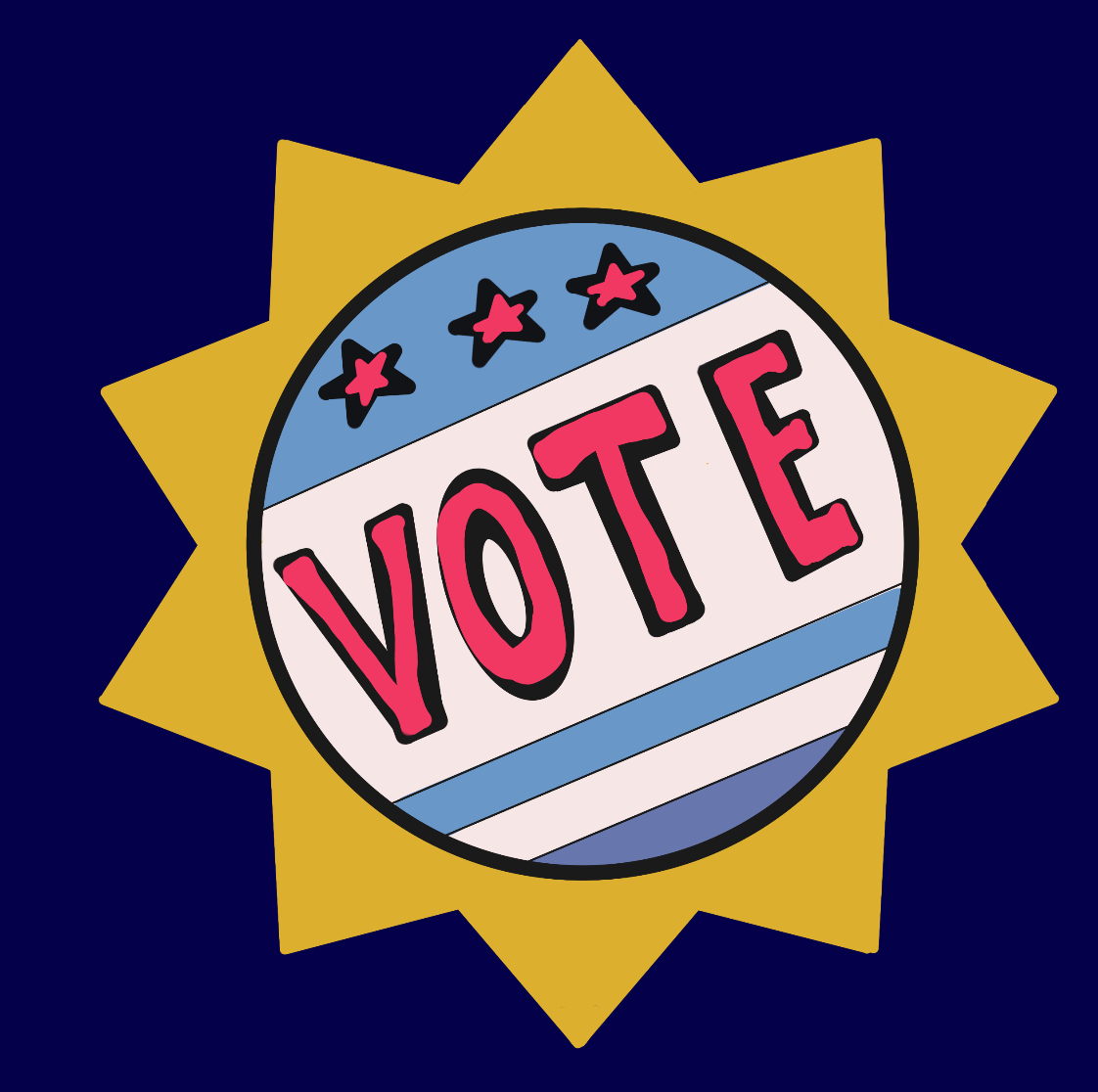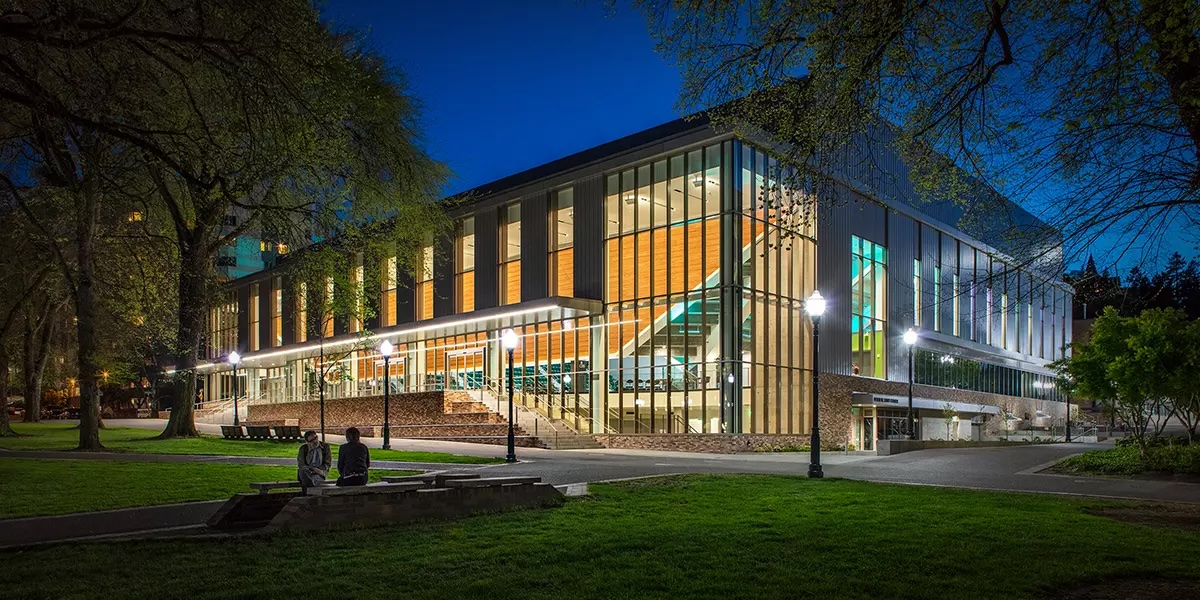Political tensions are heating up and interest is cooling down as presidential candidates are nearing the height of their campaign trail. As of press time, Iowa’s caucus and New Hampshire’s primary have taken place, their results already having massive impacts on the landscape of the election; multiple candidates dropped out while both sides were left with worse results than they had hoped.
Primaries are an election where voters within a state who have registered for a single party vote on the top candidates of their own party. Proportional to the distribution of votes, the state will award each candidate a certain number of delegates, who are essentially an electoral college for which candidate will be on their party’s ballot come the general election. Caucuses are similar in outcome – awarding delegates – but are generally on an even smaller scale, held as public meetings between registered voters often at the county or district level, rather than state-wide. After every state completes these elections in the upcoming months, the delegates will then determine their party’s singular candidate to be voted upon months later in the general or nationwide presidential election, in which all registered voters – regardless of party affiliation – have the opportunity to vote for their favorite candidate.
Before these elections began, the top Republican candidates were Donald Trump, Ron DeSantis, Nikki Haley and Vivek Ramaswamy. There was almost no competition for Biden among Democrats, and Robert F. Kennedy, Jr. similarly leads among independent candidates.
The most recent polls from Reuters and The Hill show that – as of press time – 70 percent of people, including a large portion of Democrats, think Biden should not run again, while 56 percent think that Trump should not run. Despite this, 40 percent of those surveyed claim they will vote for Trump, while 34 percent say they will vote for Biden. This leaves an unusually large margin of people claiming they will vote for a third party or not at all.
The Hill also states that 18 percent of those interviewed have no plans to vote if the election turns out to be the rematch between Trump and Biden that it likely will be. Kennedy leads the favorability score at 52 percent, compared to Trump’s 42 percent and Biden’s 41 percent. When Kennedy was included in the election poll, Trump held his six point lead at 36 percent to Biden’s 30 percent, while Kennedy had 8 percent – atypically high for an independent candidate, considering all third parties combined garnered less than two percent of the vote in 2020.
After the discouraging numbers DeSantis and Ramaswamy received in these elections – DeSantis less than 25 percent in Iowa and .7 percent in New Hampshire, Ramaswamy less than 10 percent and .3 percent respectively – both have dropped out and endorsed Trump.
“I signed a pledge to support the Republican nominee,” DeSantis said, “and I will honor that pledge. He has my endorsement because we can’t go back to the old Republican guard of yesteryear, a repackaged form of warmed-over corporatism that Nikki Haley represents.”
Despite his previous comments degrading “DeSanctimonious,” Trump responded positively to this endorsement.
“I will tell you, it’s not easy,” Trump said. “They think it’s easy to run this stuff, right? It’s not easy… But as you know, he left the campaign trail today at 3 p.m… And in so doing, he was very gracious, and he endorsed me, so I appreciate that.”
The Wolf anonymously interviewed numerous students, the majority of whom answered with the following short comments.
“Anybody but Trump or Biden.”
“Can we have new candidates?”
“Stay in school. Stay in school.”
Numerous students’ comments included the observation that “they’re all so old” and “[the election is/politics are] so stupid.”
One senior felt strongly about the trend of disregarding politics altogether.
“I personally find it idiotic when people do not take voting seriously,” the TuHS senior said. “It is the most important and vital way that mass amounts of people can give their input into the community. Especially young people! This generation is all about self-expression, and representation. Yet, I see and hear people saying that voting is too difficult, voting takes too much time, or their vote won’t matter. Your vote DOES matter. Voting as an adult is your only civic duty that is directly in contact with the government. Only 66 percent of this country that can vote actually votes! That number is shocking to me. So please, keep up on politics, read and verify your sources, and vote.”
The same student had similar concerns to others who were interviewed.
“Biden is 81 years old, Trump is 77 years old,” the student added. “Why are we electing old hags to run this country? The other day I got into an accidental boss battle with an old lady in Trader Joe’s. She liked my Mötley Crüe shirt and said that it reminded her of her dead husband. She went on some long rant about 90 Day Fiancé and how I reminded her of her brother, who was a scammer. Anyways, she was clearly out of her mind… The same old lady is allowed to vote, she is allowed to drive, and she is allowed to make decisions that affect the country.”
The feeling of rejection by our current political climate and a sentiment of hatred toward it is very common among young voters as a whole, no matter what party affiliation, political involvement, or age; people can almost unanimously agree that the main candidates are simply too old. Not only are people concerned about the leaders of our country being vastly out of touch with the future citizens they will make decisions for, but there is a genuine concern about death or becoming incapacitated for both candidates by the end of the next term.
Both Biden and Trump, if elected, would become the oldest president in US history by the next election, at early 86 and mid 82 respectively. Despite this fact, those invested in our political future say it is still imperative that the younger generation realizes the importance of their vote and the impact it can and will have on society.
The only way that our generation can expect change is to make change, they say, and the upcoming election gives every student over the age of 18 the ability to do just that. The Wolf encourages every student – of every political affiliation – to vote!







